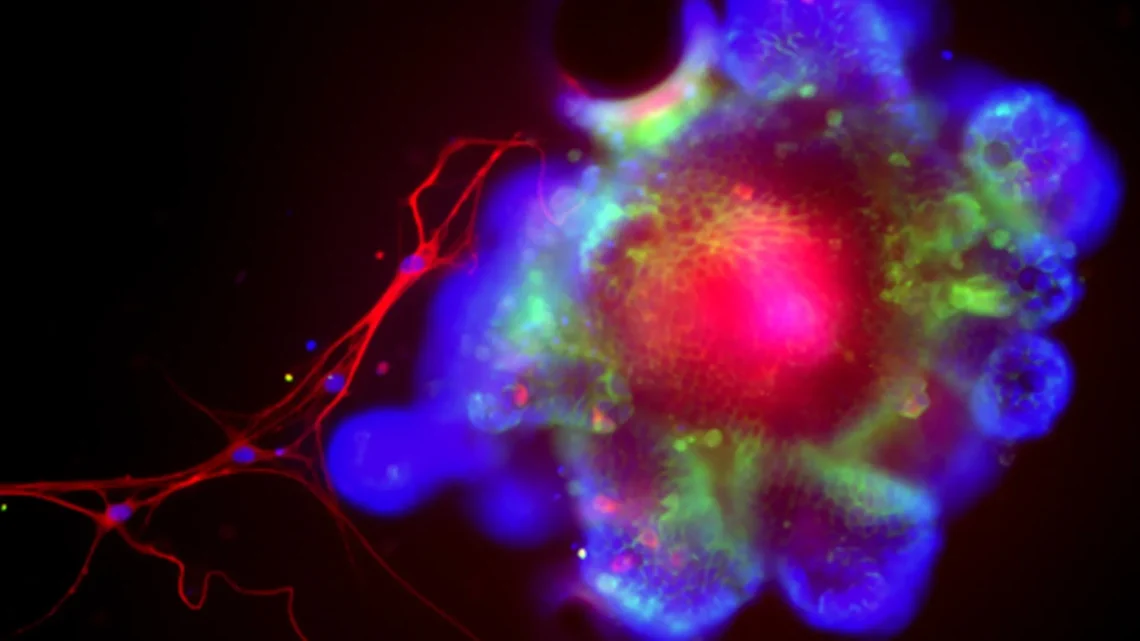Understanding Alcohol-Associated Liver Disease (ALD)
Alcohol-associated liver disease (ALD) represents a significant global health challenge, contributing to a high incidence of liver transplantation and mortality. Its prevalence is on the rise, with the annual cost of ALD in the United States estimated at $31 billion in 2022. Projections indicate that this cost may escalate to $66 billion by 2040. Given the limited therapeutic options currently available, researchers are striving to explore innovative strategies targeting the molecular biology of ALD to prevent its onset or mitigate its severity.
Recent Discoveries on Gut Microbiota and ALD
Researchers at the University of California San Diego School of Medicine have established a link between chronic alcohol consumption and the impairment of a critical cellular signaling protein involved in maintaining gut microbiota. Specifically, chronic alcohol exposure diminishes the function of a protein known as muscarinic acetylcholine receptor M4 (mAChR4). This impairment facilitates the migration of gut bacteria to the liver, thereby intensifying liver damage associated with alcohol consumption.
Key Findings from the Research Study
Utilizing a combination of human liver biopsies and mouse models of ALD, the researchers identified several crucial findings:
- Chronic alcohol use results in decreased expression of mAChR4, a vital protein responsible for cellular communication in the gut.
- This reduction in mAChR4 expression hinders the development of goblet cell-associated antigen passages (GAPs), which are specialized structures that educate the immune system to support antimicrobial immunity, effectively preventing the migration of harmful bacteria to the liver.
- Reestablishing mAChR4 function—either through chemical activation or targeting associated signaling pathways—facilitated the formation of GAPs and conferred resistance to ALD.
Broader Implications for Alcohol-Related Disorders
While the primary focus of this research was on the role of mAChR4 within the gut, it is noteworthy that this protein is also critical in areas of the brain responsible for habits, learning, and addiction. The implications of this treatment strategy may extend to alcohol-related disorders, particularly given that mAChR4 expression is found to be lower in the brains of individuals with alcohol use disorder (AUD). There are currently clinical trials underway for drugs that target mAChR4, initially developed for conditions such as schizophrenia. The researchers propose that these medications could be considered for repurposing in the treatment of both ALD and AUD, although further investigation is necessary to validate this potential.
Study Acknowledgments
The study, published in the journal Nature, was conducted by Cristina Llorente, Ph.D., Michael Karin, Ph.D., and Bernd Schnabl, M.D., at UC San Diego School of Medicine. Funding for the study was partially provided by the National Institutes of Health (grants R01 AA029106, R21 AA030654, P30 AR073761, D34 HP31027, P50 AA011999) and the American Association for the Study of Liver Diseases (award 8998GA). Dr. Bernd Schnabl has consulted for various pharmaceutical companies and is the founder of Nterica Bio.
Key Health Takeaway
Recent research highlights the critical role of the muscarinic acetylcholine receptor M4 (mAChR4) in the pathogenesis of alcohol-associated liver disease. Targeting this signaling pathway presents a promising avenue for developing effective therapies to mitigate the impact of ALD and may hold implications for treating alcohol use disorder as well.




